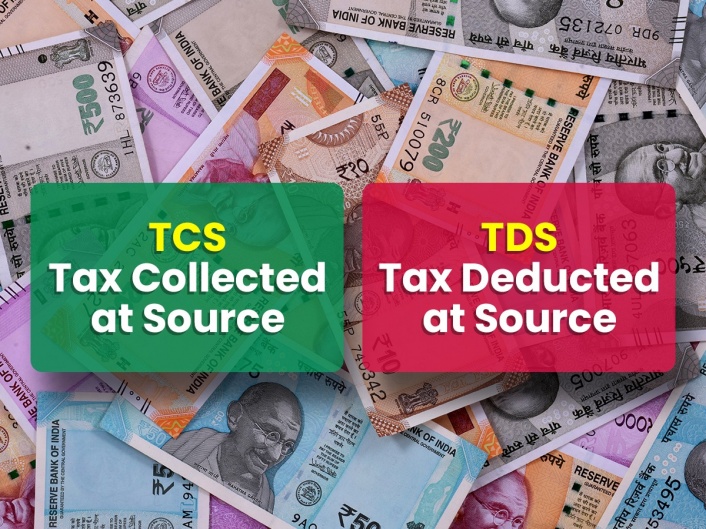
Please Wait transaction is in process, don't refresh page and do not press back button.
File your ITR Now and Claim Early Refund

Applicability: TCS is applicable when a seller collects tax from the buyer at the time of sale of certain specified goods.
Purpose: The main purpose of TDS is to collect tax from the source of income itself. The payer deducts a certain percentage of tax before making the payment to the payee.
Responsibility: It is the responsibility of the payer (deductor) to deduct TDS and deposit it with the government.
TDS Certificates: After deducting TDS, the deductor is required to issue a TDS certificate to the deductor (the person whose income tax is deducted). Form 16 is a certificate issued by employers to employees giving a summary of TDS deducted from salary income.
TDS Returns: Deductors are also required to file TDS returns with the Income Tax Department. These returns provide details of TDS deducted and deposited during a specific period.
Tax Credit: The amount of TDS deducted is deposited in the account of the deductor. The deductor can claim credit for the TDS deducted while filing his income tax return. This ensures that the same income is not taxed twice.
Examples: TDS is deducted from salaries by employers, from interest by banks, from payments to contractors, etc.
Rate: The rate of TDS varies depending on the nature of payment and the provisions of the Income Tax Act.
Tax Collected at Source (TCS):
Applicability: TCS is applicable when a seller collects tax from the buyer at the time of sale of certain specified goods.
Purpose: The purpose of TCS is to collect tax at the source of income from the buyer itself.
Responsibility: It is the responsibility of the seller (collector) to collect TCS and deposit it with the government.
TCS Certificate: After collecting TCS, the collector is required to issue a TCS certificate to the buyer. This certificate provides details of the TCS collected during the transaction.
TCS Returns: Collectors are also required to file TCS returns with the Income Tax Department. These returns provide details of TCS collected during a specific period.
Tax Credit: The amount of TCS collected is not directly credited to the account of the buyer. However, the buyer can claim credit for the TCS collected while filing their income tax return. This ensures that the tax paid at source is appropriately accounted for while calculating the buyer's tax liability.
Examples: TCS is collected on transactions such as sale of goods like scrap, minerals, bullion, etc.
Rate: The rate of TCS also varies depending on the nature of the goods and the provisions of the Income Tax Act.
In summary, while TDS involves deduction of tax by the payer from certain payments made to the payee, TCS involves collection of tax by the seller from the buyer at the time of sale of specified goods. Both TDS and TCS are methods used by the government to ensure tax compliance and to prevent tax evasion.
Latest Post
House Rent Allowance (HRA) Exemption in ITR
11-February-2025
Tractor Insurance: Why It’s Essential for Your Tractor?
17-January-2025
Bike Insurance: How to file two wheeler insurance claim
15-January-2025
Tags